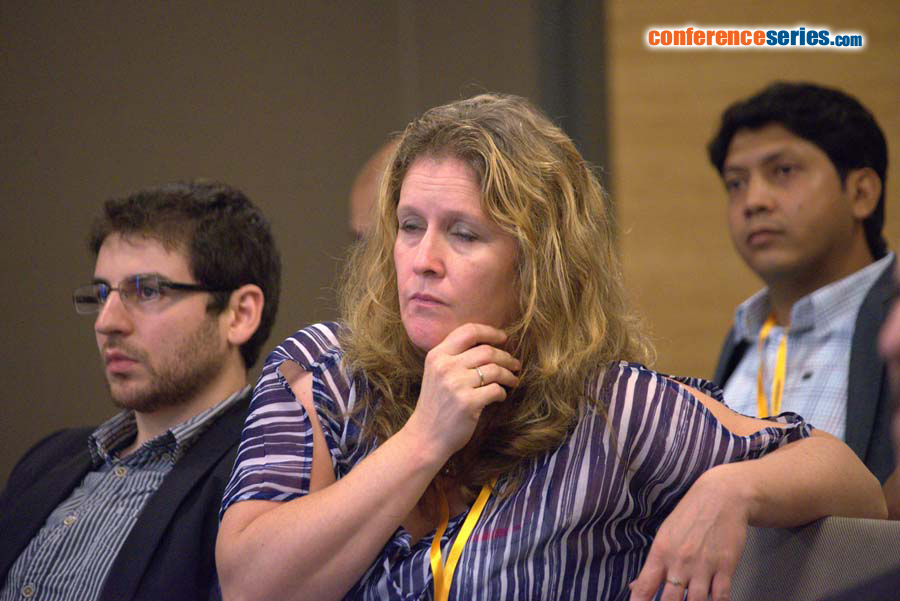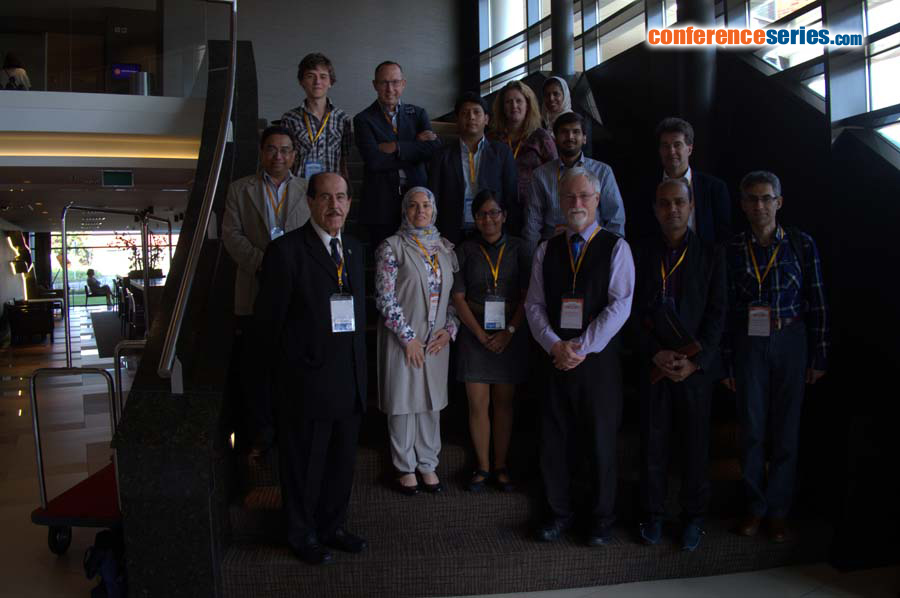
Mirjam Kool
Erasmus Medical Center, Netherlands
Title: Th17-cell immunology in pulmonary sarcoidosis
Biography
Biography: Mirjam Kool
Abstract
Sarcoidosis is a granulomatous disorder of unknown cause, in 90% of the cases affecting the lungs. Although the disease has been known for over 100 years, the cause and mechanisms that determine the course of disease is virtually unknown. Granuloma formation involves a coordinated role of macrophages, dendritic cells and T-cells directed to infectious agents in susceptible individuals. In particular, CD4+ T helper (Th) cells play an important role. Since IFN-γ is prominently present in lung sarcoidosis, the disease has long been known as a Th1-mediated disease. We recently have shown that IFN-γ in sarcoidosis lungs is not derived from Th1, but of so-called Th17.1 cells. Th17.1-cells include both IL-17A/IFN-γ-double-producing as well as IFNγ-single-producing CD4 T-cells. Since the discovery of IFN-γ-producing Th17-cells, in many (auto) immune-related chronic diseases it became clear that not Th1-cells, but Th17(.1)-cells are pathologic. Interestingly, increased proportions of Th17.1-cells at time of diagnosis in broncho-alveolar lavage (BAL) fluid correlated with the development of active chronic disease after a 2-year clinical follow-up. We further observed that in sarcoidosis lymph nodes and BAL specifically Th17-cells have a reduced expression of CTLA-4, a key molecule that is involved in the inhibition of Th-cell proliferation and cytokine production. Importantly, in several reported cases of anti-CTLA-4 treatment, sarcoid-like granuloma lesions occurred and progressed during biotherapy employment and disappeared after drug discontinuation. Collectively, these data strongly indicate a crucial role of Th17-lineage cells in sarcoidosis pathogenesis. Insight into pathobiological mechanisms driving sarcoidosis might ultimately lead to new therapeutic targets.




